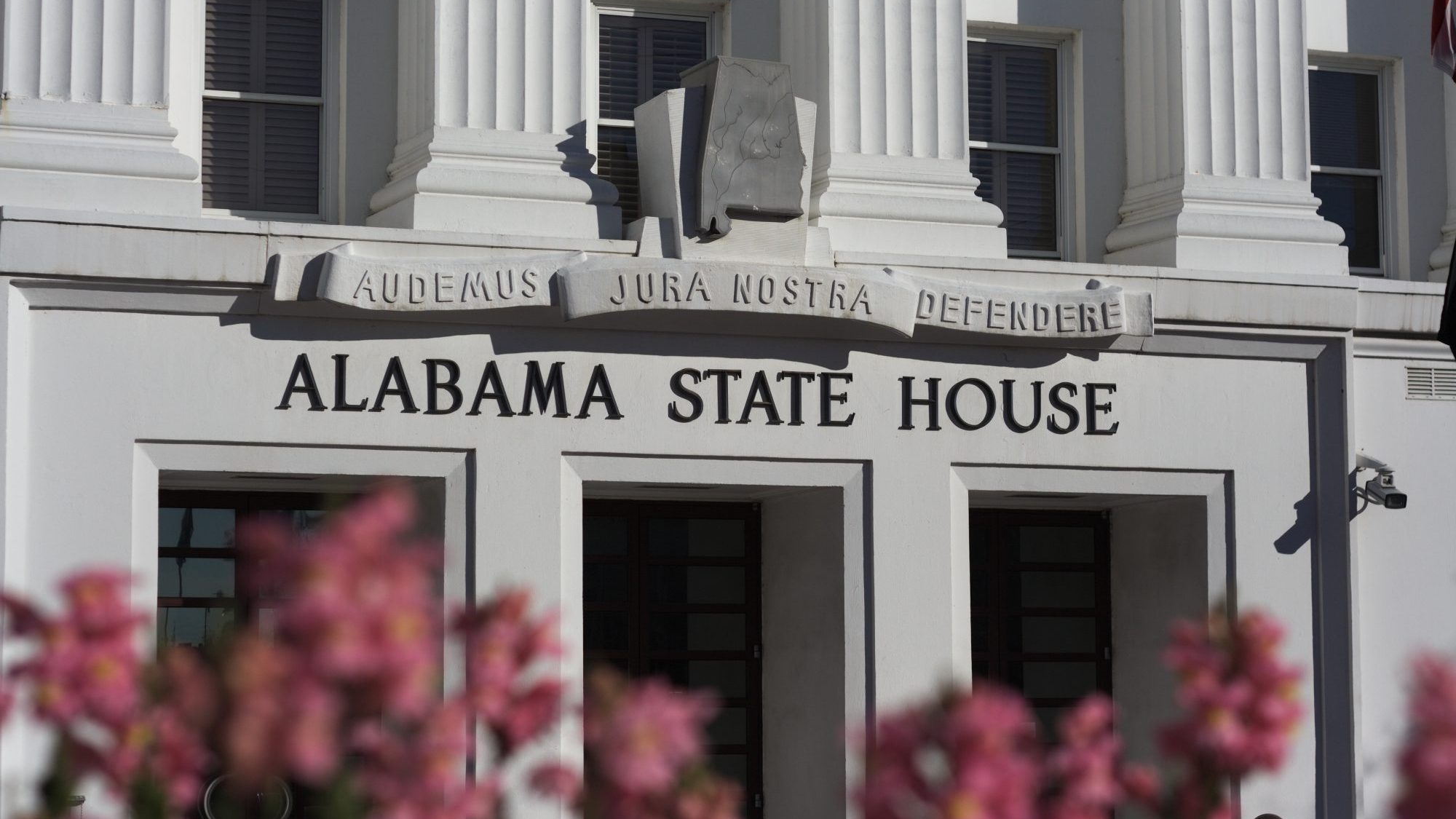More gambling arguments are on their way.
Rep. Steve Clouse, R-Ozark, the House budget chairman, told several media outlets on Monday that he planned to file legislation that would create an education lottery in Alabama.
Clouse’s bill would create a paper lottery with scratch-offs and PowerBall options, but would exclude video lottery terminals. Clouse said he expects it to generate around $167 million annually.
“We’re completely surrounded now by Mississippi, Georgia, Florida, and Tennessee that have lotteries,” Clouse said. “I think that could make a difference.”
Alabama is one of just five states in the country without a lottery, and it is now the only state in the South without one. Mississippi began its lottery this year.
Unlike recent lottery proposals, Clouse’s bill would create a pure education lottery, with 50 percent of proceeds going to fund pre-K and 50 percent to select college scholarships. There would also be a small percentage — around $400,000 annually — set aside to fund gambling addiction programs.
It is unlikely to breeze through the Legislature.
Multiple sources have told APR to expect as many as three lottery/gambling bills to land in the Legislature this session, and all will get significant play.
That likely has something to do with recent polling of voters in the state, which found various types of gaming, particularly sports books and lotteries, were extremely popular. Even the approval of full-fledged casinos scored highly. The numbers remained well above 50 percent even when the respondents were limited to likely registered Republican voters.
The only aspect that scored low with voters was the idea of granting the Poarch Band of Creek Indians a monopoly. Exclusivity is part of the tribe’s recent “$1 billion plan” proposal for the state. The plan would generate $1 billion, according to PCI figures, in the initial year and then about $350 million per year thereafter. That plan would also give the tribe exclusive gaming rights and approve the opening of two additional full casinos.
It’s unclear what level of support that plan has among lawmakers, but the tribe has put on a full-court media press. The state has been blanketed with radio and TV ads in every market, and mailers landed in mailboxes two weeks ago.
A simple paper lottery, such as the one Clouse has proposed, is also part of the PCI plan. Such a plan, which doesn’t allow for video lottery terminals, would help secure the tribe’s monopoly.
Last session, a gaming/lottery plan introduced by Sen. Jim McClendon would have provided a full-blown lottery, with the VLT machines available to both PCI and the four dog tracks in the state. The projected revenue from that lottery plan was nearly three times the take from the Clouse proposal, and that was before the governor negotiated a compact with PCI.
There is speculation that similar legislation could return this session.
Leadership in both houses have expressed interest in making a move on gambling this session — a willingness that hasn’t been there in most previous sessions. House Speaker Mac McCutcheon has stated publicly that he wants to push for a grand gaming package that puts the issue to rest once and for all — and also brings in a lot of money for the state. Senate President Pro Tem Del Marsh has pushed gaming bills in recent sessions, and he doesn’t seem less eager to do so this year.






















































